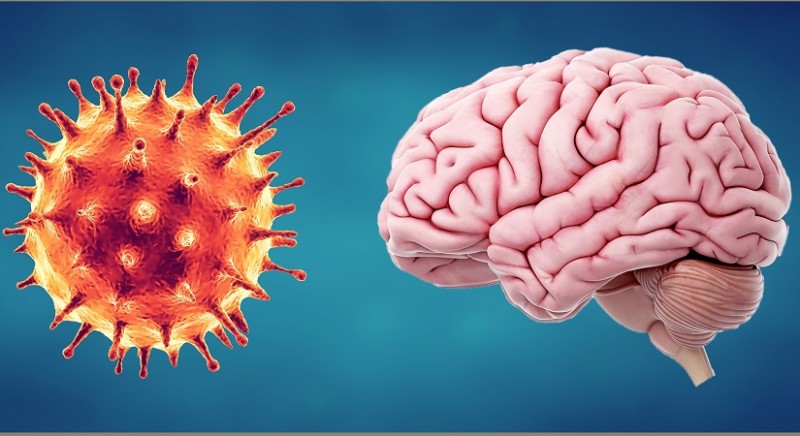
NEW YORK: People who died of Covid-19 showed signs that were similar to the brains of individuals who died of neurodegenerative conditions such as Alzheimer's disease and Parkinson's disease, according to a study by the Stanford School of Medicine and the Saarland University in Germany.
The findings, published in the journal Nature, may help explain why about one-third of individuals hospitalised for Covid report symptoms of neurological problems like fuzzy thinking, forgetfulness, difficulty concentrating, and depression.
"The brains of patients who died from severe Covid-19 showed profound molecular markers of inflammation, even though those patients didn't have any reported clinical signs of neurological impairment," said Tony Wyss-Coray, Professor of Neurology and Neurological Sciences at Stanford.
"Viral infection appears to trigger inflammatory responses throughout the body that may cause inflammatory signalling across the blood-brain barrier, which in turn could trip off neuroinflammation in the brain," he added. Further, the team found that the activation levels of many genes, associated with inflammatory processes, differed in the Covid-19 patients' brains versus the control group's brains. There also were signs of distress in neurons in the cerebral cortex, the brain region that plays a key role in decision-making, memory and mathematical reasoning.
In addition, the peripheral immune cells called T cells, were significantly more abundant in brain tissue from dead Covid-19 patients. In healthy brains, these immune cells are few and far between.
India setting new vaccination world record, says CoWin Chief RS Sharma
Study finds Covid-19 survivors still at re-infection risk from Alpha, Beta variants
Study finds, Poor sleep associated to dementia and early death